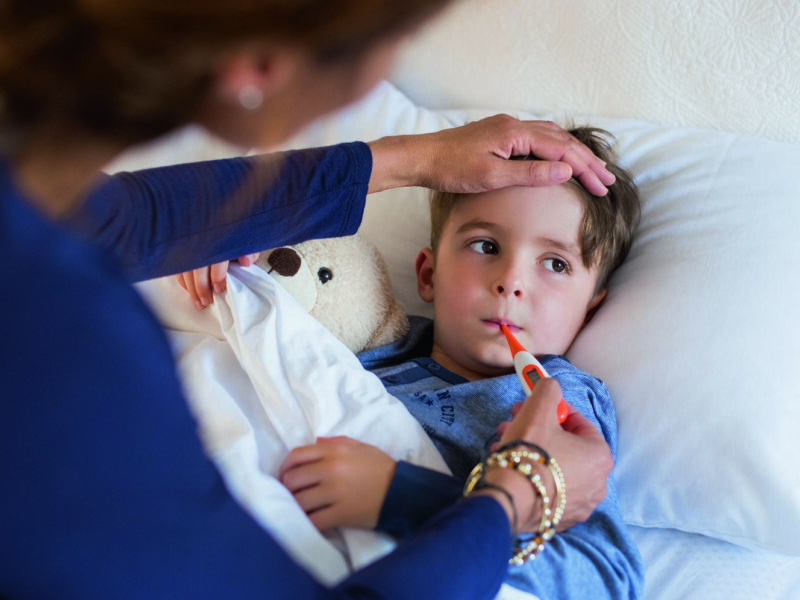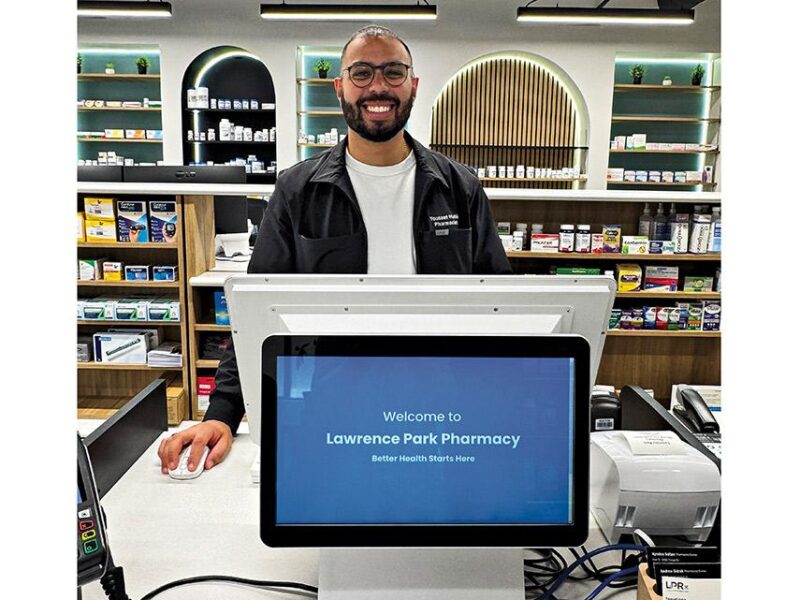Bullying then and now
I was rarely bullied as a kid. It wasn’t because I was cool. Just the opposite. I was a huge geek, but I was also just plain huge. So I’m sure that other kids made fun of my behind my back, but they were usually too scared to do it to my face. In fact, when other kids were being picked on, they would often come to me for protection.
That’s not to say that I got in a lot of fights (I was only ever in three – Grade 4, when someone at my new school tried to push me around; Grade 6, when a classmate was harassing my younger brother; and Grade 7, when a bully tried to establish middle-school dominance by picking a fight with me). But it was enough to establish a reputation that I shouldn’t be messed with. Which meant that I didn’t need to get in a lot of fights. My reputation kept people from starting fights with me, and my generally peaceful disposition kept me from starting fights with them.
Now, I didn’t really think too much about all this at the time. There weren’t any teachers or parents telling us that picking on people was bad, or even that fighting was bad for that matter. If we fought on school grounds during school hours, we’d probably get detention. If it was bad enough, there might be a call home. Otherwise we were mostly just left to police ourselves. The assumption was that getting picked on was part of growing up and that kids needed to learn to stick up for themselves. I even remember teachers standing around to watch fights after school, coffees in hand, as if it was some kind of junior blood sport.
Like I said, I pretty well escaped all that, the bullying and fighting, but I’ve since realized how many people didn’t escape. One of my brothers recently told me how the high school wresting team (with the coach watching) held him down and took turns slapping his belly until he cried and quit the team. A high school classmate told me that a guy once ejaculated into her drink at a party, and then everyone (even some people she thought of as friends) ganged up and made her drink it, an incident that still comes up for her in therapy. Another friend once related how his older brother’s friends used to follow him into the bathroom at school and piss on him in the stall so that people would think he’d wet his pants.
When I hear stories like that, I’m glad that our culture has become far more aware of the damage that bullying does, and also far more willing to address it. But I’m concerned that all the talk about zero tolerance for bullying has made us believe the problem has been addressed, when I think it’s mostly just been pushed into other places where it’s more difficult to police. Team hazings may have been mostly stamped out in schools, but they’re now showing up online, where older teammates make new ones humiliate themselves on social media. Fighting on the playground may be on the decline, but kids now engage in vicious online character assassination. It may be harder to get away with bullying classmates on school property, but it’s easier to get away with the same behaviours behind the relative secrecy of Snapchat.
It’s not that parents and teachers are completely unaware that all this is going on, of course, just as they weren’t completely unaware of the schoolyard bullying that was going on before. But I think our attitudes toward online bullying are too much like the attitudes that the previous generation of parents had toward schoolyard bullying. I hear too many people saying things like, “Well, it’s a part of being online. If you don’t like it, don’t be on it.” Or, “Just block the bullies. No one’s making you friend or follow them.”
The trouble is, for kids today, getting off of social media increasingly means isolation from their peers. The choice for them isn’t just about blocking someone who’s bullying them. It’s about cutting themselves off from the social life of the school. It’s like avoiding the schoolyard bully by hiding in the bathroom. You might avoid getting bullied, but you also cut yourself off from any possibility of making friends and spending time with your peers.
Even worse, just getting off of social media doesn’t necessarily solve the problem, because the internet goes on without you. People can still mock and humiliate you anyway, just as they used to talk behind your back as you were hiding in the bathroom. Only now it’s posted for a whole online world to see.
And, just as before, parents may know nothing about it, when it’s happening to their children. You can spy all you want on their feeds, put whatever parental controls you want on their devices, but they can find access everywhere, and they’re smart. They’ll find a way past anything your can throw at them. And besides, you can’t control what all the other kids are doing anyway.
The only thing you can do is to take these questions seriously and keep talking to your kids about their social media lives. Don’t assume that they’re able just to stick up for themselves. Also don’t assume that they’re able just to walk away from it. Recognize that negotiating these kinds of social media spaces is a huge part of their lives. Recognize also that this is something you never had to deal with when you were their age. They’re figuring this out as they go along, and you need to be willing to figure it out along with them.





